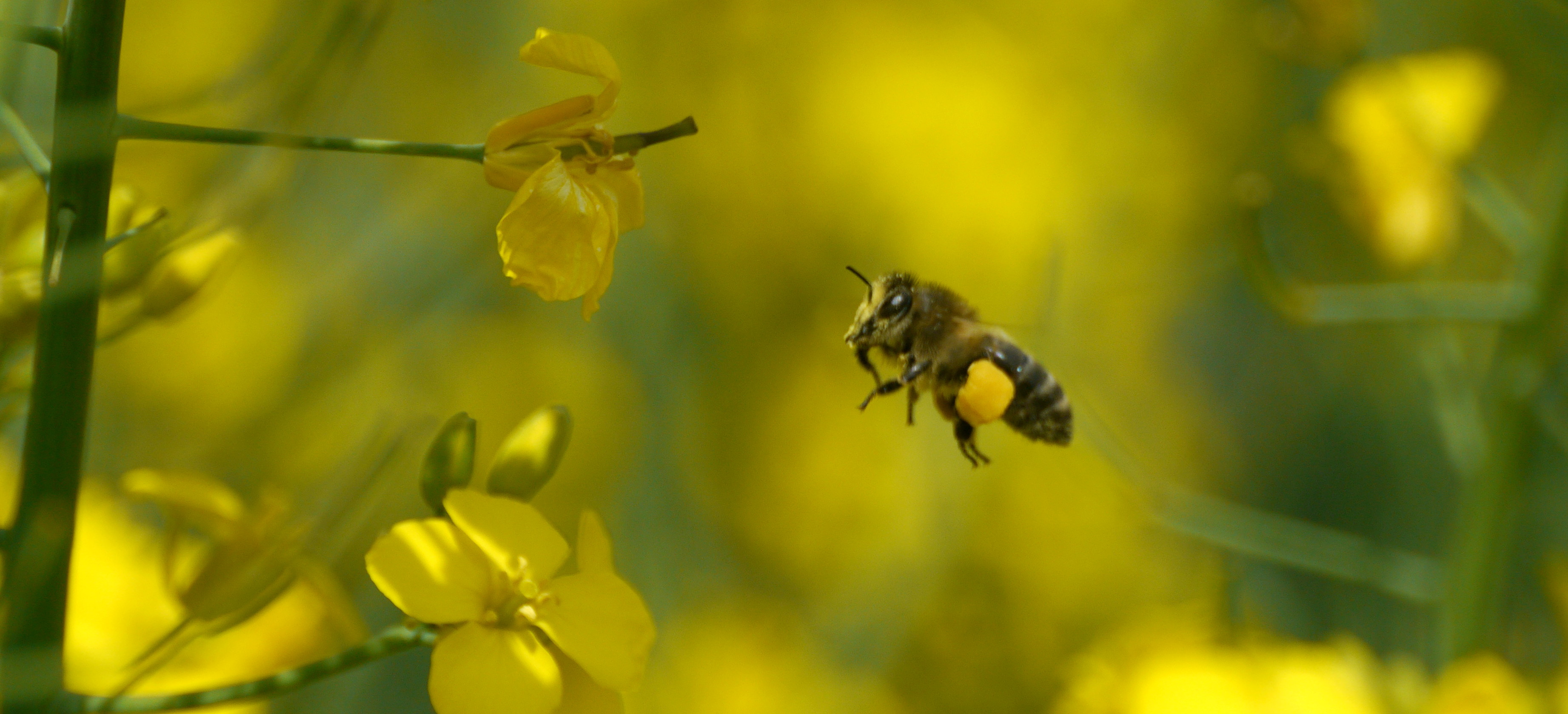Evidence was found by English scientists that these insecticides have a sublethal effect on bees that is not resulting in direct death but significantly impairing vital functions. In the course of the study, almost 32,000 examinations of 62 species of wild bees were conducted in most parts of England from 1994 to 2011, inclusive. The researchers divided the countryside into five-kilometer squares each of which they associated with the population and watched it change over time. The population in the designated areas fell under the influence of neonicotinoids; these effects particularly strongly affected the species that feed on oilseed rape. The number of the most affected species decreased by 45%. In the Kyrgyz Republic, neonicotinoid pesticides are also used, so we should be more careful in choosing plant protection.

